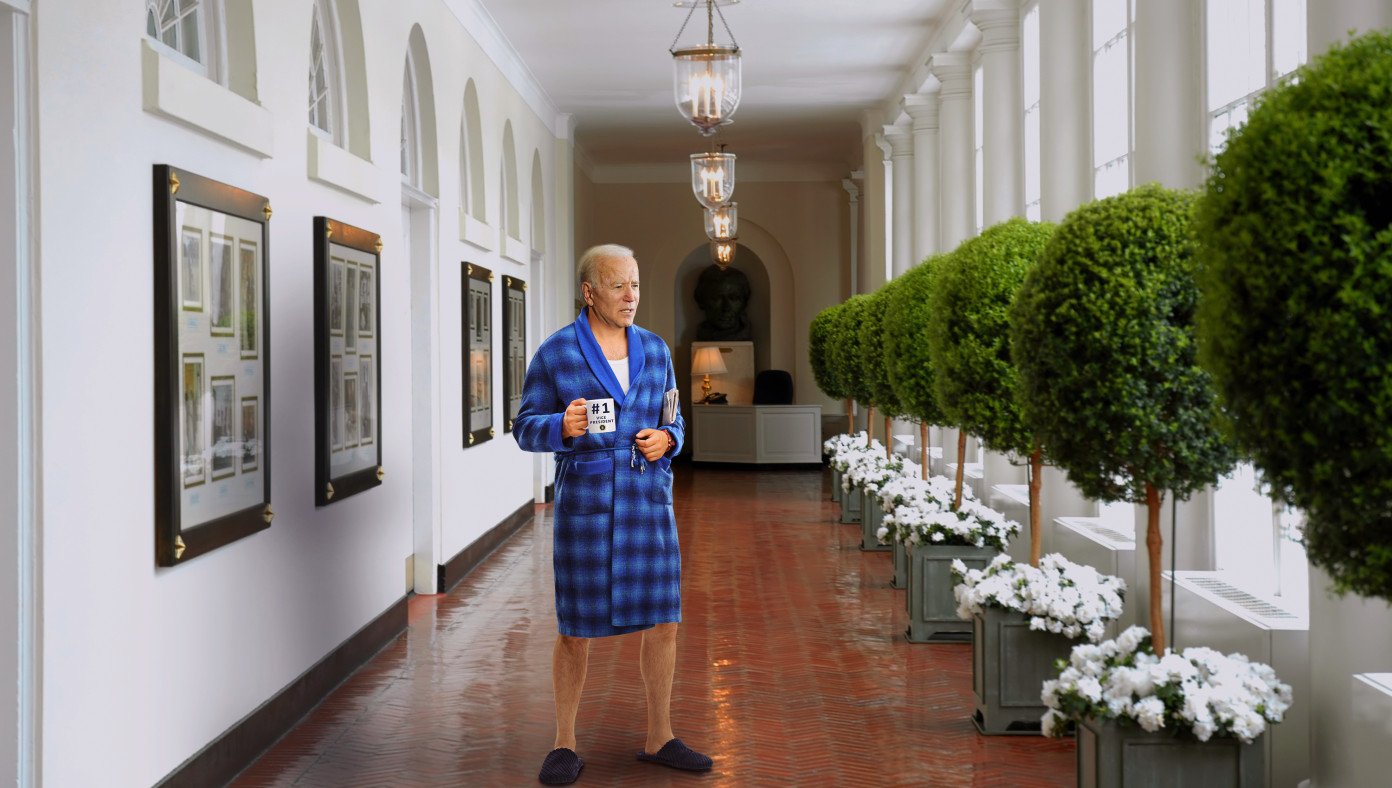Law prof Jonathan Turley weighs in on the shooting of Ashli Babbitt. This follows the exoneration of the Capitol police lieutenant who shot her and his subsequent interview. The point that Turley makes that is most remarkable is that Byrd, in his interview, demolished the rationale that had been advanced to exonerate him. One wonders--at least I do; Turley doesn't mention this--was he not represented by counsel? How could his lawyers have possibly allowed him to say the things he said--in public, on TV? What does this say about America?
Here's Turley's Twitter advert for his article at The Hill. I reviewed some of the comments and the majority of them were ... pretty wild, from the perspective of this lawyer and retired LE guy. Who knew Lefties were such hard assed--not to say, bloodthirsty--law and order types?
Turley's article today goes into the specifics of the case from the standpoint of legal principles that have long been "settled". In a way, DoJ's handling of the shooting seems similar to FDA's recent "authorization" of Pfizer's vaccine--or whatever actually happened.
Justified shooting or fair game? Shooter of Ashli Babbitt makes shocking admission
...
At the time, some of us familiar with the rules governing police use of force raised concerns over the shooting. Those concerns were heightened by the DOJ’s bizarre review and report, which stated the governing standards but then seemed to brush them aside to clear Byrd.
The DOJ report did not read like any post-shooting review I have read as a criminal defense attorney or law professor. The DOJ statement notably does not say that the shooting was clearly justified. ... It seemed simply to shrug and say that the DOJ did not believe it could prove “a bad purpose to disregard the law” and that “evidence that an officer acted out of fear, mistake, panic, misperception, negligence, or even poor judgment cannot establish the high level of intent.”
While the Supreme Court, in cases such as Graham v. Connor, has said that courts must consider "the facts and circumstances of each particular case," it has emphasized that lethal force must be used only against someone who is "an immediate threat to the safety of the officers or others, and ... is actively resisting arrest or attempting to evade arrest by flight." ...
Under these standards, police officers should not shoot unarmed suspects or rioters without a clear threat to themselves or fellow officers. ...
Byrd went public soon after the Capitol Police declared "no further action will be taken" in the case. He proceeded to demolish the two official reviews that cleared him.
Byrd described how ... their failure to comply required me to take the appropriate action to save the lives of members of Congress and myself and my fellow officers."
...
Of all of the lines from Byrd, this one stands out: “I could not fully see her hands or what was in the backpack or what the intentions are.” So, Byrd admitted he did not see a weapon or an immediate threat from Babbitt beyond her trying to enter through the window. Nevertheless, Byrd boasted, "I know that day I saved countless lives." ... No other officers facing similar threats shot anyone in any other part of the Capitol, even those who were attacked by rioters armed with clubs or other objects.
Legal experts and the media have avoided the obvious implications of the two reviews in the Babbitt shooting. Under this standard, hundreds of rioters could have been gunned down on Jan. 6 — and officers in cities such as Seattle or Portland, Ore., could have killed hundreds of violent protesters who tried to burn courthouses, took over city halls or occupied police stations during last summer’s widespread rioting. ... According to the DOJ’s Byrd review, officers in those cities would not have been required to see a weapon in order to use lethal force in defending buildings.
Politico reported that Byrd previously was subjected to a disciplinary review when he left his Glock 22 service weapon in a bathroom in the Capitol Visitor Center complex. He reportedly told other officers that his rank as a lieutenant and his role as commander of the House chambers section would protect him and that he expected to “be treated differently.”

